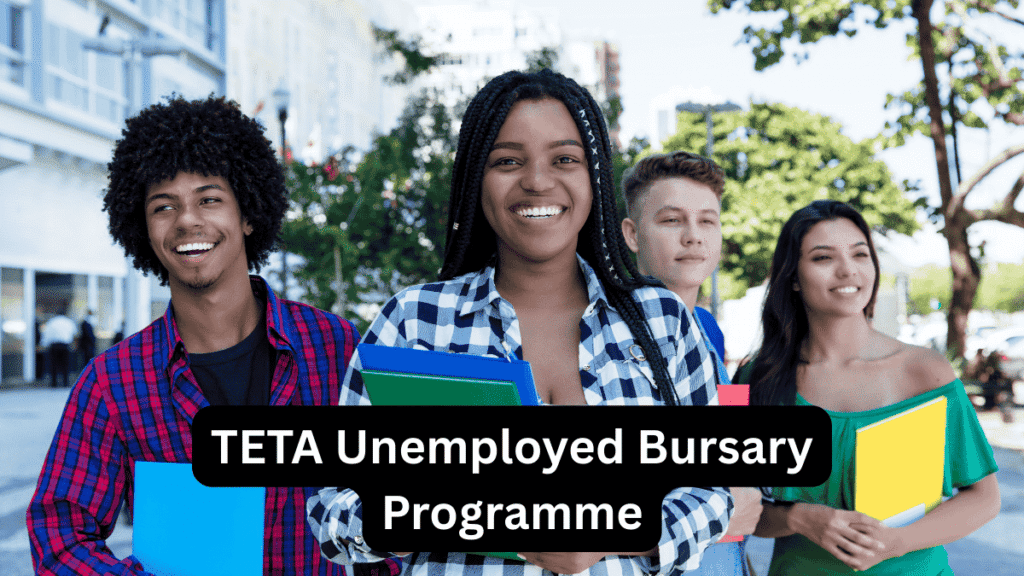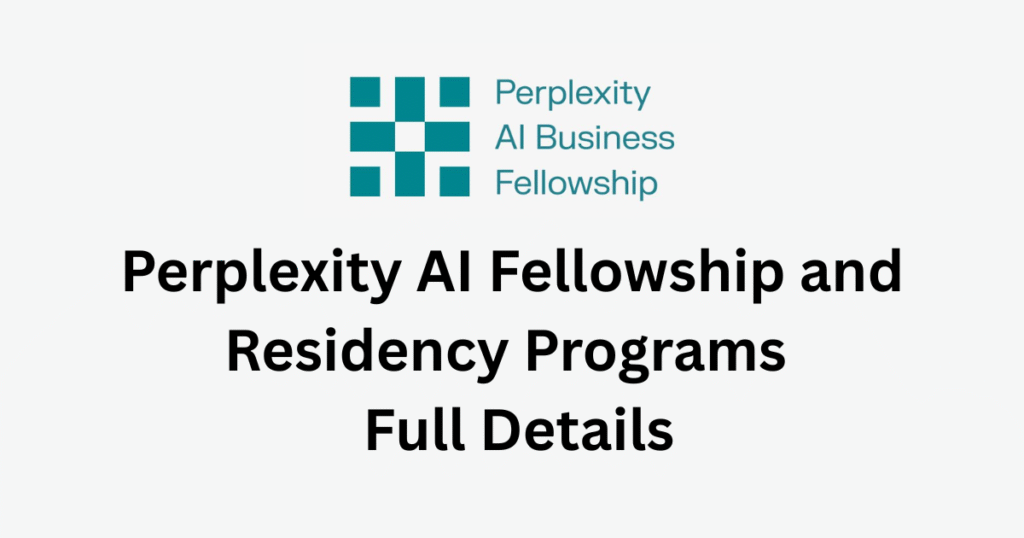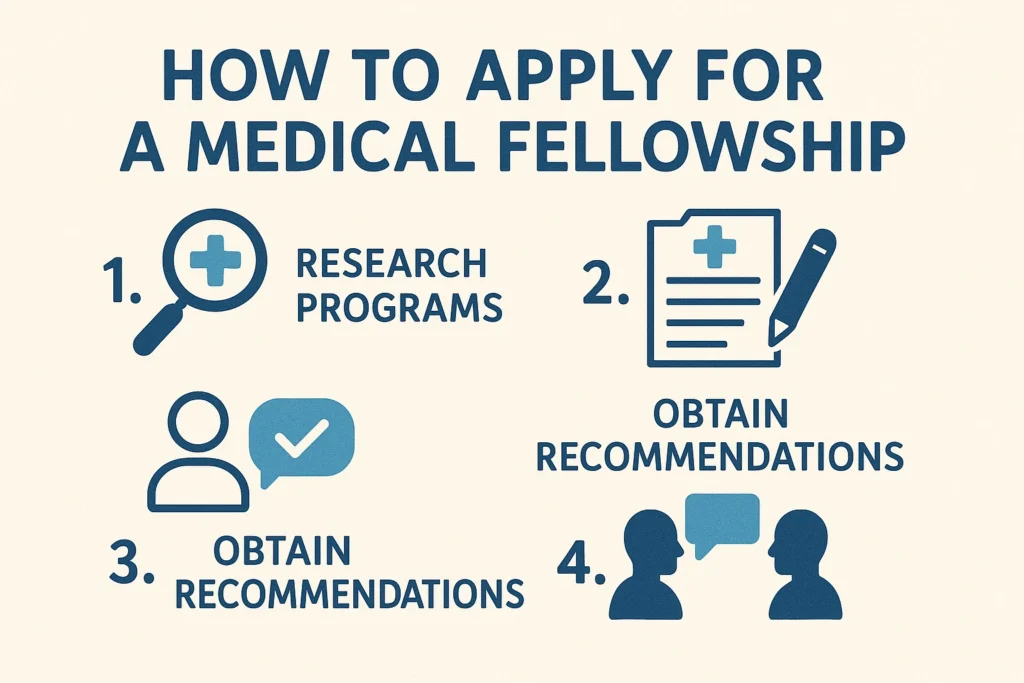The International Visiting Research Fellowship Programme 2025 is an exciting opportunity for researchers from around the globe to collaborate with leading academic institutions and deepen their academic impact. Whether you are a postdoctoral scholar, mid-career academic, or experienced researcher, this fellowship could be a game-changer for your career. In this comprehensive guide, you will learn everything about the program, including eligibility, benefits, application process, selection criteria, and tips for standing out.
Key Objectives of the Fellowship
Understanding the goals of the IVRF Programme can help applicants align their research proposals more effectively. The primary objectives are:
- Enhancing international research collaboration
- Sharing innovative ideas across borders
- Promoting joint publications and academic partnerships
- Creating opportunities for long-term research links
- Enriching the academic environment of host institutions
Who Should Apply?
This fellowship is ideal for:
- Postdoctoral researchers looking to broaden their international experience
- Mid-career academics who wish to explore new research environments
- Established scholars aiming to work with specific professors or labs
- Researchers from developing countries seeking exposure to advanced resources
Applicants should have a strong academic background, a clearly defined research plan, and a genuine interest in collaborating with the host institution.
Eligibility Criteria
While eligibility may slightly vary depending on the host institution, the general criteria include:
- A PhD degree in a relevant field
- Proven research experience
- A clear research proposal aligned with the host institution’s interests
- Strong academic references
- Proficiency in English (or the language of the host country)
Some programs may give preference to applicants from underrepresented regions or early-career researchers.
Host Institutions and Countries
The IVRF Programme is supported by a wide range of universities and research organizations. Some of the most popular host countries include:
- United Kingdom
- Germany
- Australia
- Canada
- United States
- Netherlands
- South Korea
- France
Institutions like the University of Oxford, DAAD (Germany), University of Toronto, and Australian National University often host such fellowships through their international offices or research departments.
Fields of Research Supported
The International Visiting Research Fellowship Programme is not limited to one discipline. Most institutions welcome applications from a broad range of academic fields, including:
- Science and Engineering
- Social Sciences
- Humanities
- Health and Medicine
- Environmental Studies
- Technology and Innovation
- Arts and Culture
- International Relations and Law
Applicants must ensure their research topic aligns with the expertise and priorities of the host institution.
Duration and Funding
Most fellowships under the IVRF Programme last between 3 to 12 months, depending on the host institution’s guidelines and the nature of the research. Funding typically covers:
- Monthly stipend or salary
- Accommodation allowance
- Round-trip airfare
- Research support (lab access, software, libraries)
- Health insurance
Some programs may also provide family support or childcare assistance if the researcher is traveling with dependents.
Application Process
The application process is highly competitive and typically involves the following steps:
- Identify a Host Institution
Choose a university or research center that matches your research interests. - Secure a Host Supervisor
You will usually need a letter of invitation or acceptance from a faculty member at the host institution. - Prepare a Research Proposal
Your proposal should include objectives, methodology, outcomes, and how it aligns with the host’s research agenda. - Gather Required Documents
Commonly required documents include:- CV or Resume
- Letters of recommendation
- Proof of academic qualifications
- Passport copy
- Language proficiency certificate
- Submit Online Application
Most applications are submitted online through the host institution’s portal or a centralized fellowship website.
Selection Criteria
Applications are reviewed based on several key factors:
- Academic excellence
- Quality and originality of the research proposal
- Feasibility of the research plan within the timeframe
- Potential for collaboration and impact
- Fit with the host institution’s expertise
- Contribution to the academic community
Some fellowships also consider gender balance, regional diversity, and the applicant’s motivation for international research exposure.
Important Tips to Strengthen Your Application
Here are some practical tips to help you stand out:
- Start Early
Fellowship deadlines can be several months in advance. Begin preparations early to avoid last-minute stress. - Customize Your Proposal
Make sure your proposal aligns closely with the host institution’s goals and research environment. - Build Relationships
Reach out to potential supervisors early. A strong endorsement from a host researcher can significantly boost your chances. - Highlight Past Achievements
Showcase your previous research, publications, and international collaborations. - Be Clear and Concise
Reviewers appreciate proposals that are well-structured, logical, and easy to read.
Benefits Fellowship
The advantages of this program go beyond funding and research. Participants often benefit in many other ways:
- Networking with global researchers
- Access to advanced research infrastructure
- Increased visibility in academic circles
- Opportunities for long-term collaboration
- Enhanced CV and career progression
- Exposure to new cultures and working environments
In many cases, the fellowship opens doors for future joint projects, conference invitations, and even tenure-track positions.
Deadlines and Timeline
Each host institution has its own timeline. However, here’s a general idea:
- Call for applications: September to December 2024
- Application deadline: January to March 2025
- Results announced: April to May 2025
- Fellowship begins: June to October 2025
Always check the official website of the institution you are applying to for the exact dates and details.
Read More:United Nations Nippon Foundation Fellowship 2026
Frequently Asked Questions (FAQs)
Can I apply to multiple institutions?
Yes, but make sure you tailor each application according to the host’s specific guidelines.
Do I need to pay an application fee?
Most fellowships under IVRF are free to apply. Always verify on the official page.
Is this open to all nationalities?
In most cases, yes. However, some programs may prioritize specific regions.
Can I bring my family?
Many fellowships allow dependents and may even provide financial support.
Do I need to return to my home country after the fellowship?
Usually, yes. These are temporary research stays, not migration programs.





